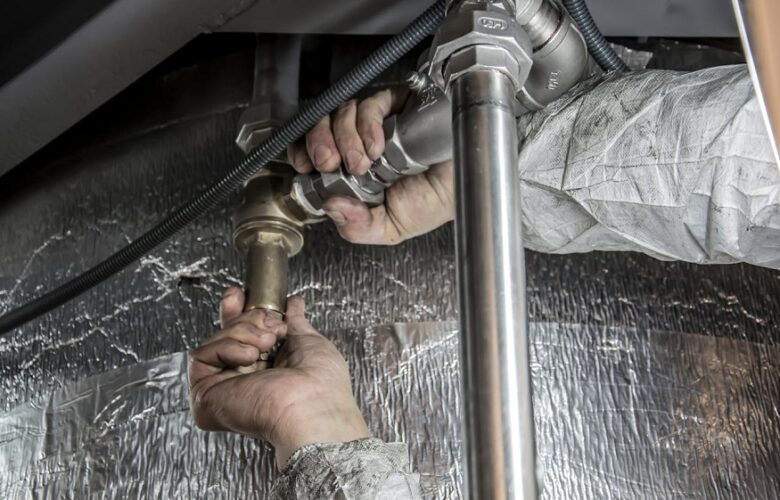Introduction:
The foundation of a structure is prone to be destabilized because of the underlying soil’s water content. Soil and clay are susceptible to expansion and contraction because of their absorbent qualities. The extent of swelling or shrinking will depend upon several factors such as soil type and ambient conditions. For example, clay soils easily retain large amounts of moisture, causing a heave, while granular soils are free-draining in nature, leading to deflections. Both these states can adversely affect structural foundations leading them to become destabilized and causing considerable damage.
If you want to know your actual property value. I suggest to contact Conveyancing Brisbane expert lawyer and solicitor team or contact to Conveyancing Melbourne property advisor definitely they will guide you properly.
Moreover, changes in external conditions and environmental disasters can also modify the soil’s water content, leading to ruptures and cracking of the foundation. Rains and floods increase the ground’s water content, while droughts drain the earth of all essential moisture. Under such circumstances, even a sturdy structure erected on a relatively durable foundation can undergo unforeseen damage. It can jeopardize your building’s structural solidity and lead to severe mishaps ranging from cracking to substantial property damage and even posing a life threat to the occupants.
Read more: Security Doors Melbourne
Soil Injection Crops up as an Efficient Solution:
One of the most popular and highly effective ways of tackling the problem is injecting the soil with suitable chemicals. This process hinders the ground’s expansion and contraction abilities, preventing foundation settlement and further damage to the structure. The process involves injecting certain water-soluble substances into the soil, which form a barrier between the ground and the water molecules. This impedes contraction or expansion of the soil particles, making the structure resilient to the wreckage.
The Process:
The liquid is injected in two ways. In the first method, the liquid is simply sprayed around the perimeter of the structure. Alternatively, holes are driven at multiple points through the structure’s base, and the liquid is pumped using high pressure through wands deep into the soil. Which method will be employed usually depends on the specific needs of the building and its structural type.
Eco-Friendly Aspect:
Soil injection employs chemicals that are environment-friendly and non-toxic, such as potassium and ammonium salts. It implies that they do not pose any threat to the earth and are entirely landscape-friendly. Foundation repair professionals inject the chemicals after much inspection of the soil type. Accordingly, a suitable combination of chemicals is prepared, which will repair the damage without polluting the soil.
Why it should be a Ready Option for you:
- It incurs fewer costs in comparison to other repair options, which are usually high-priced.
- It is a quick process that takes place over two days only. Other construction and repair options are more time-consuming and quite inconvenient as the occupants are often required to completely vacate the building for at least the duration of the process.
- While providing long-lasting results, it improves the soil density and tenacity and strengthens the soil quality significantly.
- It is a non-invasive process, causing no disruption to the surrounding environment. In fact, even the drilling marks are invisible to the eyes post the completion of the injection.
Wrapping Up:
Soil Injection is one of the most effective solutions to foundation repair because its operation is environment-friendly and completely non-hazardous. It will result in a strong structure, markedly increasing the foundation’s load-bearing capacity, and is perhaps one of the most accessible home improvement solutions that can be readily available anytime.




